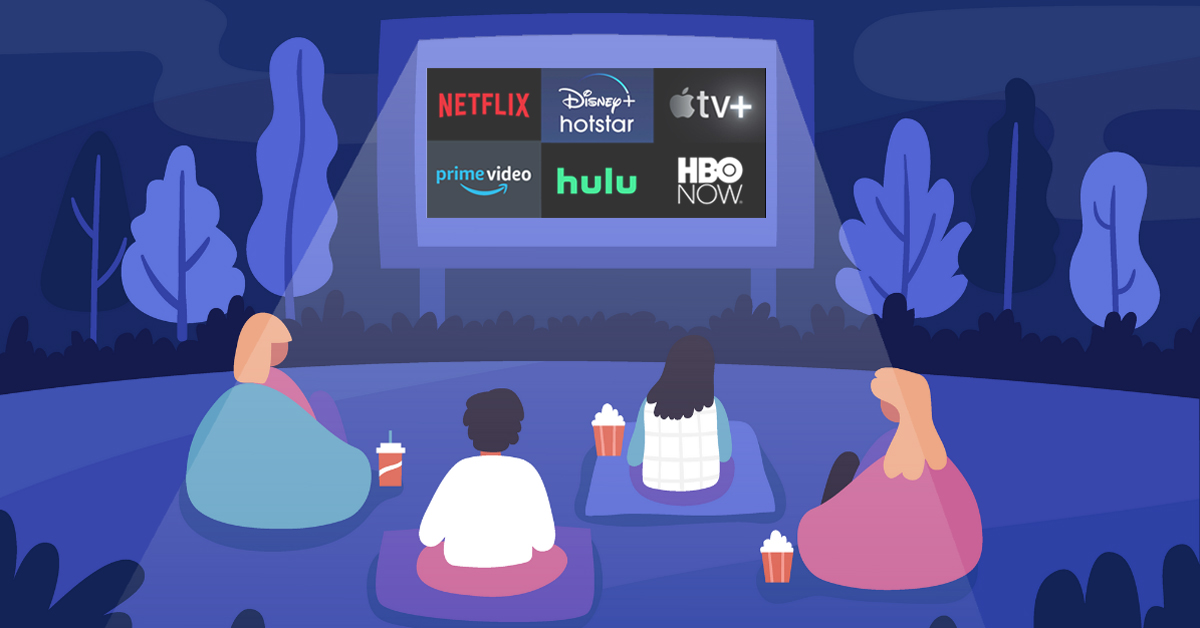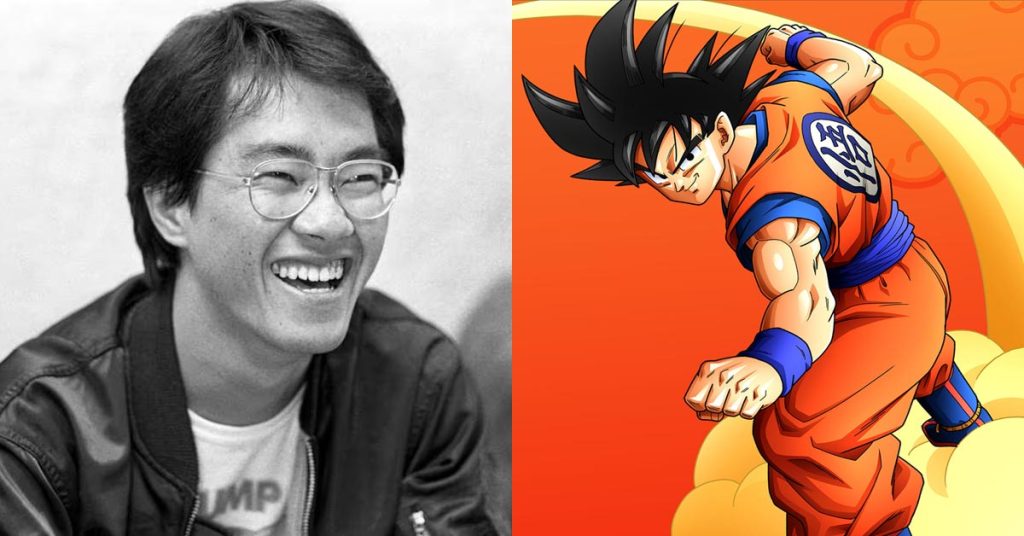It has been a long half-year of breaking through the COVID-19 outbreak. People have witnessed a new kind of life and adapted to change, while still keeping a grip on their entertainment needs – thanks to the OTT platforms like Netflix, Amazon Prime Video, Apple TV, MX Player TV, Disney Hotstar, Zee5 and numerous others.
During this time, people have started believing that the traditional cinema has witnessed its end and the post-COVID era is all OTT and SVOD. The fact is indeed strong considering the present case scenario, without the need of mentioning various reports backing the claim since the OTT platforms have seen an unprecedented surge in viewership and demand.
Various production houses released their movies on digital entertainment platforms. A few names from the Hollywood: Greyhound, directed by the Academy Award winner Aaron Schneider; Disney’s Artemis Fowl; The King of Staten Island; Scoob; My Spy; The Lovebirds; Irresistible and many more productions. And from Bollywood: Dil Bechara, Sadak 2, Gulabo Sitabo and the clutch gets wider and wider.
Movies with postponed release to post-COVID
On the other hand, we have a list of productions that are waiting in caves to make the perfect move post-COVID, such as, Tom Cruise’s Top Gun, DC’s The Batman, Wonder Woman 1984, Tenet, Marvel’s Black Widow, Antlers, The Artist’s Wife, A Quiet Place Part II, Bios, F9, The Eternals, and so many others.
Movies which have got their releases postponed to post-COVID are the reason of heartbreaks for many since people were expecting their release on OTT platforms. At the same time, there’s a reason for grin for people who praise the theatrical viewing experience of their favourite movies.
Cinema vs OTT – Expert Opinion
On similar lines, a Bihar, India-based exhibitor Vishek Chauhan in a conversation with the Economic Times shared his view regarding the Cinema vs OTT subject by saying,
“With everyone quarantined, digital platforms are “taking us by the throat and pushing down their content every week.”
“Cinema is a habit, if you break a habit for four-six months, you’ll get a lot of people dissuaded to come to cinemas. Even if there is a reduction of 15-20 per cent in the footfall, which is anyway on a decline, cinema is going to be badly hit,”
“Theatrical viewing is fixed at a particular time, a location, which isn’t the case with OTT. You can watch unlimited content online using free data. This is a huge crisis we will face. It’s not like the gates will open and people will throng our premises.”
Backing the significance of theatrical experience, Cahuhan further extended,
“Imagine if digital platform and made an offer to the makers of ‘Sooryavanshi’ to release it digitally, paying whatever amount they think they could’ve earned in a theatrical, how long will Karan Johar, Rohit Shetty hold back?”
Speaking of China’s re-opening of theatres, another exhibitor named Raj Bansal, director of Entertainment Paradise, a three-screen multiplex in Jaipur, said,
“China saw theatres re-open but very few footfalls were seen. That’s such a clear indicator of where we stand today. No one is coming to cinema halls. At least that won’t be on people’s mind right now,”
Cinema vs OTT – Revenue Potential
It is also true that producers who have opted for OTT release of their movies rather than theatrical release due to COVID-19 lockdown have made lesser profits. Considering the profit-sharing percentage told by Shailesh Kapoor, Founder & CEO of Ormax Media, a media consulting firm, in case of direct-OTT release, the OTT rights constitute around 80 percent of the revenue (almost the entire pie), while satellite rights may contribute 15-20 percent depending on the film. Apart from this, Kapoor also highlighted that OTT rights are sold at a fixed price, with no linkage to the performance of a film – limiting the revenue potential to a certain percentage for the film production houses.
Speaking of which, Mohan Umrotkar, CEO of multiplex chain Carnival Cinemas, said,
“Where the movie will be showcased is decided at the inception stage and the current turn to OTT releases is owing to the “exceptional circumstances” the industry is faced with amid the pandemic. Once the movies that were originally slated for theatrical releases opt for OTT releases, they are never going to amass the kind of revenue that it would have otherwise, unless the deal with the concerned OTT platform happens to be exceptionally lucrative”
Umrotkar further exclaimed,
“Once a movie becomes a hit and garners huge box office collections, its subsequent satellite and OTT rights will also be priced at exorbitant rates, said Umrotkar…that way, OTT releases are not going to compensate for the potential the movie could have had. Because eventually, we don’t want to kill the production houses. If they get killed, we will not get the next crop. It’s all about the next crop,”
Ronnie Lahiri, the producer of Amitabh Bachchan starrer Gulabo Sitabo, opined,
“When a movie does well in the box office, it can really go through the roof, whereas, if the audience rejects it, there would be no assurance of a minimum guarantee, he pointed out. So, with theatrical releases, there is a risk involved, while a fixed sum is guaranteed with an OTT release. But, in a year, how many Bollywood films are released and how many cross the ₹100-crore? Right now, everyone is talking about those specific ₹100-crore films, but does anyone talk about so many films that finish before, say, ₹10-15 crore? There are many. Success has a lot of fathers. Failures are orphans. Nobody talks about that – just to highlight”
Sharing his side, Jehil Thakkar, Partner and Leader, Media and Entertainment, Deloitte India, a leading professional services company, said,
“The environment we are in right now is dictating certain practices that are likely to be different when theatres open. Both filmmakers and OTT players have urgent needs – the filmmakers need to monetise the product that is ready, and the OTT players need fresh content. There’s an urgent need from both sides. It’s a win-win situation. However, though big budget movies and production houses will be able to hold on longer, they may not be able to hold on forever, cautioned Deloitte’s Thakkar. It’s going to be a function of how long theatres remain shut and how consumers behave post its reopening”
Editor’s Take
Well, the battle between cinema and OTT seems like a never-ending topic, but considering all the facts and metrics related to the subject ‘Cinema vs OTT’ in this article, such as revenue potential, the type of content covered respectively by OTT platforms and cinemas respectively, the reason why OTT replaced theatres during COVID-19 lockdown, it is clear that the two aren’t completely alike, and have both pros and cons.
OTT streaming might not offer a theatrical experience after all, but the cinema doesn’t offer web series and even if they will in the future, it won’t be as cost-effective and private as OTT. Infact, during COVID-19 lockdown, it was OTT and SVOD subscriptions that saved the day for the people across the globe, be it Netflix, Amazon Prime Video, Apple TV+, or any other that you would like to name.
During COVID-19 scenario, some producers got their content rolled out on the OTT, look at Gulabo Sitabo, 2020’s one of the much-awaited and big-budget films of Bollywood, starring the legendary actor Amitabh Bachchan, was released on Amazon Prime Video on 5 June – that’s where OTT wins. But considering the opinion of most of the production houses producing big-budget films like The Batman, Wonder Woman 1984 and others, they really have no option but to wait for the complete COVID-19 unlock to monetise their work – ensuring a theatrical experience to the masses.
ⓘ LAFFAZ is not responsible for the content of external sites. Users are required to read and abide by our Terms & Conditions.








